Although I find myself typically in defense of the long film, there’s something to be said for a great film that takes up very little of your time. The following movies only have two things in common: they’re remarkable, and they all clock in under an hour and 25 minutes (with one minor cheat).
With this list, I’m trying to prove that the length of a film really doesn’t matter. The amount of time a movie occupies is not what makes it great, it’s how long it manages to stay with you after the fact that is evidence of its brilliance.
City Lights (1931) – 87 minutes
Dir. by Charlie Chaplin
The first and only cheat on this list is Charlie Chaplin’s 87-minute masterpiece, which, for my money, remains the best film Chaplin ever made.
My introduction to silent cinema was mostly from the vision of foreigners. Battleship Potemkim, The Cabinet of Dr. Caligari, Un Chien Andalou, and so on. To be honest, I waited a very long time to even venture into the world of Charlie Chaplin, in fear that the limitless praise would ultimately dull the experience. I was wrong. City Lights is a film so in tune with itself, that it’s impossible to deny its lasting power. The final scene of this film is as moving as anything I’ve ever witnessed in cinema. City Lights single handedly justifies Chaplin’s praise.
Rope (1948) – 80 minutes
Dir. By Alfred Hitchcock
In the very first scene of Rope, two yuppies murder a fellow classmate, throw him in a box in the living room, and spend the next 75 minutes trying to persuade whoever else is around (including a very inquisitive Jimmy Stewart) that everything’s on the level.
Rope is mostly known for its use of extended takes. The film is comprised of just 10 cuts (a few of which are very tricky to spot), which, when you consider the filming equipment available in 1948, is quite an achievement. Rope isn’t nearly as good as many of Hitch’s other films, but its sense of claustrophobia is only propelled by its breezy running time.
Blood of the Beasts (1949) – 20 minutes
Dir. By George Franju
Watching Blood of the Beasts for the first time was one of the most horrifying 20 consecutive minutes of my life. The film is a short documentary about a day in the life of three different Parisian slaughterhouses. And believe you me, Franju pulls no punches – he shows you everything you don’t want to see, and then some. I should mention that Blood of the Beasts is one of my Top 10 films of all time, because of, in part, what it accomplishes in such a brief amount of time. Watch it, but be prepared. Thank God it’s not in color. (Note: Blood of the Beasts can be found as a special feature on the Criterion Collection disc of Franju’s Eyes Without a Face, or on YouTube here.) http://www.youtube.com/watch?v=ql8PF8aotfo
Night and Fog (1955) – 32 minutes
Dir. by Alain Resnais
And to think, I first saw Blood of the Beasts and Night and Fog on the same damn day, one right after the other. This documentary makes juxtaposition an art form, cutting back and forth between beautiful, lush fields of green grass and blue skies, with horrific black and white photos of the Holocaust. The gorgeous land, we learn, is the current site of where the brutality of the Holocaust occurred.
Night and Fog is essential viewing for… everyone, really. Prepare to have the wind knocked out of you.
The Killing (1956) – 85 minutes
Dir. by Stanley Kubrick
It’s odd to think that, given the epic scope of 2001, Barry Lyndon, The Shining, Eyes Wide Shut and more, Stanley Kubrick actually used to make features with short running times. But did he ever.
The Killing uses a non-linear narrative to tell the story of a horse track heist gone awry. The fast and furious pacing helps detract from the pointless spell-it-all-out narration (which was added in post production without Kubrick’s permission). At any rate, The Killing is a great, early gateway into the mind of a master.
Pickpocket (1959) – 75 minutes
Dir. by Robert Bresson
Ah, what isn’t there to love about Pickpocket? Michel is a young, pathetic man who nabs people’s wallets in crowded areas to make ends meet. The kicker is, Bresson gives his subject a heart, which ultimately forces us to empathize with Michel in ways we didn’t expect. As a character study, Pickpocket is flawless, with immaculately-staged pickpocket scenes to boot. Fast, smooth, and uniquely entertaining.
Vivre Sa Vie (1962) – 83 minutes
Dir. by Jean-Luc Godard
My favorite Godard film is his episodic telling of a bored young woman who takes work as a prostitute to help gain money for her acting career. The film (brilliantly staged in 12 distinct segments), contains everything a great Godard film should: long takes, beautiful photography, natural acting, appropriately jumpy editing, and a resolution that confirms the fact that the material could be presented through no other eyes than Godard’s.
Persona (1966) – 85 minutes
Dir. by Ingmar Bergman
Ingmar Bergman is my favorite filmmaker and Persona is my favorite Bergman film. It’s a lucid fever dream of a masterpiece that contains only two primary characters, one of which utters not more than five words throughout the entire film. Persona conveys that nonsensical… thing that only Bergman could pull off. It doesn’t make a whole hell of a lot of sense (which isn’t exactly true, maybe), but everything about it is done with such precision, that you can’t help but acknowledge you’re in the midst of a genius at the top of his game. There is nothing I do not love about this film.
Titicut Follies (1967) – 84 minutes
Dir. by Frederick Wiseman
The world of Frederick Wiseman is one of honesty through blood, sweat and tears. For Titicut Follies, Wiseman was given unprecedented access to the Bridgewater State Hospital for the criminally insane in Massachusetts, the result of which is as horrifying as anything you’ve seen from inside the walls of an American institution.
The film is filled with such horrific acts of brutality (always inflicted by the guards on the prisoners) that it is baffling to think Wiseman was actually allowed to film there. One sequence in particular has haunted me since the day I first saw the film. A naked man (who clearly suffers from mental retardation) is slapped and punched as he’s marched to a room where he is shaven (without the use of water or cream) and then pushed back to his cell. Throughout this ordeal, a guard keeps taunting the prisoner with threats of what will happen if the inmate does not tidy up his cell. And then we see it: as the prisoner is thrown back in his cell, we notice the room is completely empty. No possessions to clutter the floor, no bed, no sheets – nothing. Just four concrete walls and a helpless naked man. What the hell is there to tidy up?
Woyzeck (1979) – 82 minutes
Dir. by Werner Herzog
Although not very well known, Woyzeck remains my favorite film from the demented genius that is Werner Herzog. Having just wrapped filming his Nosferatu, Herzog used the same cast and crew to make this simple film about a tormented soldier, who, after being pushed too far by virtually everyone he comes into contact with, commits a horrendous act of violence.
Herzog is a master of capturing absurd extremists (including himself) in various situations, and Woyzeck, which stars a never-better Klaus Kinski, is chief among the director’s best character studies. A warped yet oddly touching masterpiece.
Another Woman (1988) – 81 minutes
Dir. by Woody Allen
Often considered to be Allen’s Wild Strawberries, Another Woman concerns itself with Marion (Gena Rowlands), a bitter novelist who combats her writer’s block by eavesdropping on patients who visit the therapist that lives next door to Marion. But it’s more than that. It’s about Marion’s life – her fleeting tenderness, her constant pain, her lack of any real feeling, and so on. The result is the finest work Woody Allen has ever put on screen. It’s swift, brutal and inexplicably moving.
Following (1997) – 69 minutes
Dir. by Christopher Nolan
Following is about a bored guy who follows strangers around for the hell of it, before he accidentally gets sucked into a criminal underworld for tailing the wrong guy.
It’s a great, gimmicky film from one of contemporary cinema’s most revolutionary thinkers. The movie, shot in gritty black and white, feels appropriately raw, but is no less ingenious with its tricks. A great start to what has become one of the most innovation careers in the film medium.
Elephant (2003) – 81 minutes
Dir. by Gus Van Sant
There’s a reason Gus Van Sant’s Columbine-esque film won the Cannes Palme d’Or: it presents one of America’s darkest, most notorious days with an originality that can sparsely be matched.
The film is a handful of extremely long takes in which we follow various high schoolers going through the motions of a seemingly ordinary day of school. It isn’t until the final 20 minutes that we realize what Van Sant has been doing: he’s spent an hour gently introducing us to a few people who are about to have their lives forever altered (or ended).
Elephant’s style is definitely not for everyone, but the power of its denouement makes it unquestionably harrowing. That is, if you can stomach it.
Before Sunset (2004) – 80 minutes
Dir. by Richard Linklater
As Ethan Hawke’s Jesse says in the movie, no story is ever really over, a notion Before Sunset perfectly encapsulates. By catching up with would-be lovers Jesse and Celine nearly a decade after we last left them, we get to witness (in real time), what age has done for their maturity and sensibilities. Their life philosophies may have altered slightly, but goddamn if their love has only gotten stronger. A wholly essential film with as perfect a resolution as you’re likely to find.
The Girlfriend Experience (2009) – 77 minutes
Dir. by Steven Soderbergh
I suppose I understand why The Girlfriend Experience was never given the full appreciation it deserved. It was filmed on a micro-budget, starring a porn star, executed in a non-linear fashion, and was barely given any distribution push. No matter, The Girlfriend Experience represents everything I love about Steven Soderbergh. It’s a sharp story with crisp cinematography, a catchy original score, shifty editing and natural acting from people you weren’t aware had it in them. In short, The Girlfriend Experience captures the essence of the indie side to Soderbergh. Whether he’s given $10 million or $100,000, there’s simply nothing the man can’t do.
…
There are many other great films under 85 minutes that I did not list here. What are some of your favorites?


















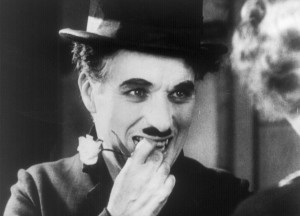
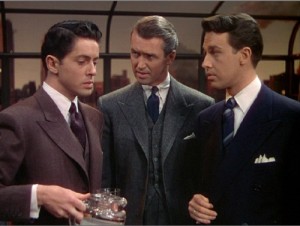
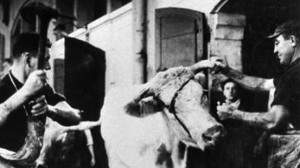
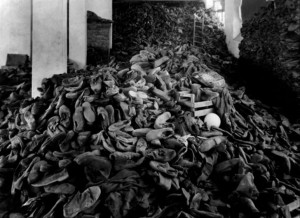
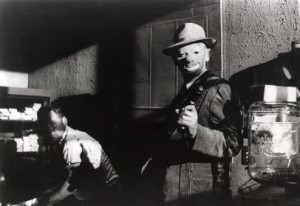
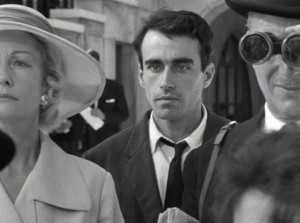
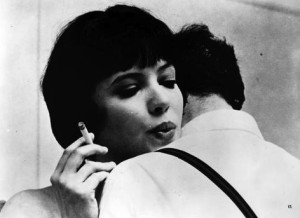
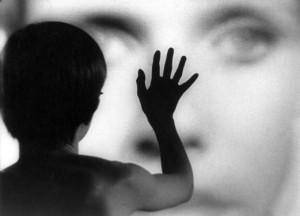
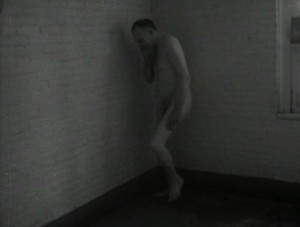
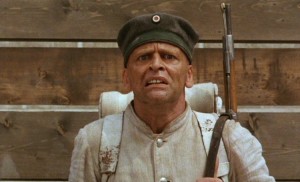
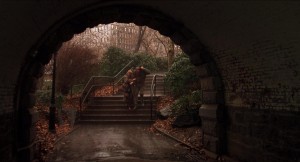
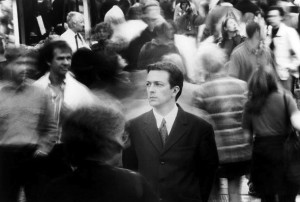
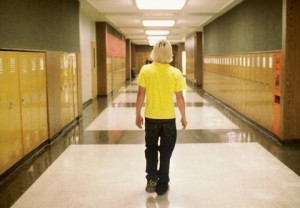
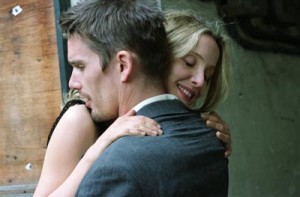
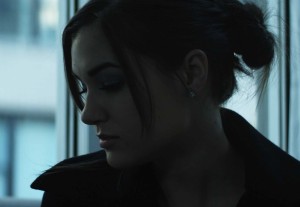
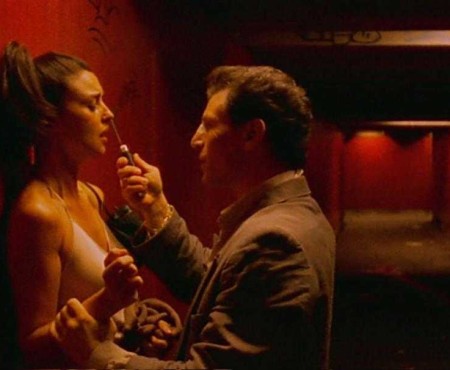
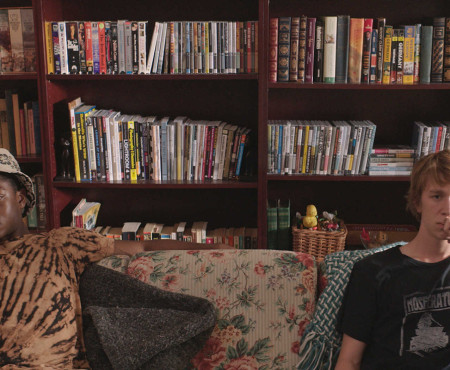
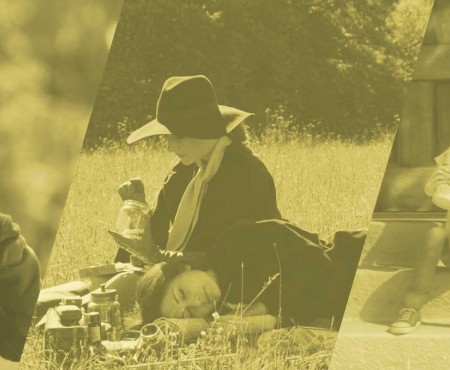
9 thoughts on “Top 15 Movies Under 85 Minutes”
Nice list. I think I quite like a short film. 85 is perhaps too less but 100 minutes or less is probably an ideal for me.
Some great ones here. I have seen 10 of them and really liked/loved all of them. And sheesh, I was so shaken after Night and Fog, I couldn’t watch anything else.
Thanks! Night and Fog is devastating, isn’t it? I mean… wow.
I definitely recall reading this list some months ago. I don’t remember what I commented although I did see a few Francois Ozon films that were less than 85 minutes like “Sitcom”. With the exception of “Another Woman”, “Night and Fog”, “Titicut Follies”, “Rope”, and “Blood of the Beasts” as I haven’t seen those films yet. I do like what you have on this list as “Persona” is my favorite of the bunch w/ “Pickpocket” and “Vivre Sa Vie” close by.
Yep, I posted a variation of this list a little more than a year ago last year. Ozon flicks are a great choice here. Very fitting.
Glad you dig the list!
A lot of film noir fits this bill: THE NARROW MARGIN, DETOUR, GUN CRAZY, CROSSFIRE, THE BIG COMBO, PICKUP ON SOUTH STREET, THE HITCH-HIKER, THE SET-UP, RAW DEAL, THE BIG STEAL. Basically anything designated a “B” picture back in the old days.
That’s a great way to take it. One could definitely make a similar list with just film noir. Thanks for reading and commenting!
I recently watched BLACK GIRL (1966) by Ousmane Sembene. It’s on Netflix Instant and is 65 minutes long. It says so much about post-colonial Senegal and the French.
Hmmm sounds interesting, I’m going to have to check it out. Thanks!
Where are Detour and Duck Soup?